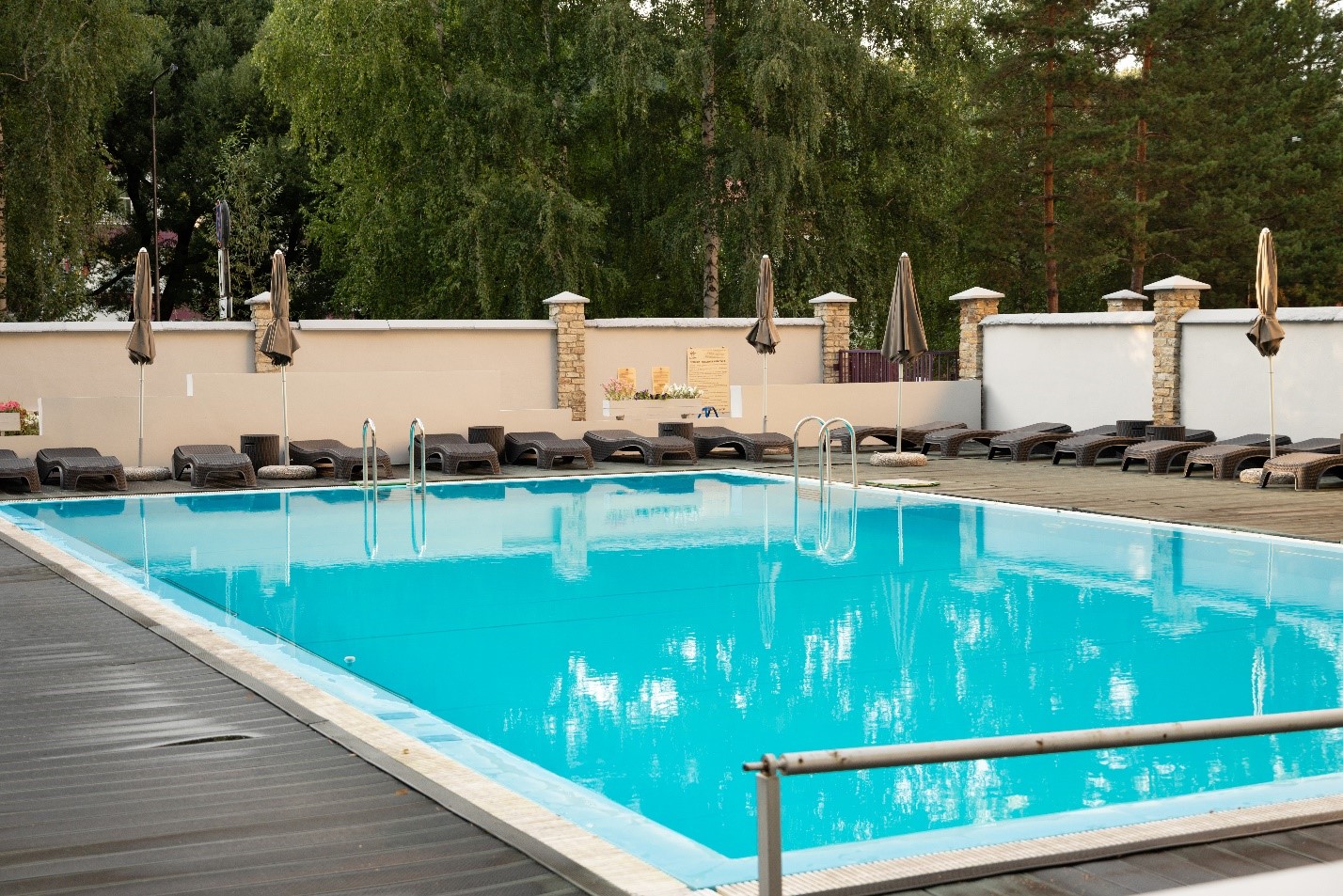There’s nothing quite like a community pool in the summertime. It’s where kids learn to swim, neighbors catch up (or try to avoid each other politely behind sunglasses, whatever works for you), and long days end with a refreshing dip. But behind all that fun is a lot of planning, prep, and responsibility—especially for HOA board members.
Whether you're a seasoned pool-opener or it's your first time managing it, here’s what needs to happen to keep your pool safe, sparkling, and ready for summer action.
1. Start with a Thorough Inspection
Before anyone tests the waters, take a good look around. Check the pool deck, fencing, ladders, gates, furniture—basically anything that could break, wobble, rust, or splinter. You don’t want your first pool-related phone call of the season to involve a chair collapse or a broken gate hinge.
2. Clean Like Your Mom is Coming to Visit
We’re talking more than just a few passes with the skimmer here.
- Debris patrol: Leaves, bugs, mystery floaters—skim it all.
- Algae attack: If it’s green and slimy, it’s gotta go. Treat algae buildup early before it gets cozy.
- Drain check: Clogged drains mess with circulation and filtration, so give them a thorough check and clean.
A clean pool looks great and sets the tone for responsible maintenance all season.
3. Filter and Water Quality: The Science-y Part
Now it’s time to channel your inner chemist.
- Check pH levels: Keep water between 7.2 and 7.8. Too high or too low, and you’ll have buildup, irritation, and complaints faster than you can say “sodium bicarbonate.”
- Call in your pool vendor: Have them walk through the big stuff—filters, heaters, pumps, chemicals, and any fancy features like waterfalls or jets. They’ll make sure everything’s working properly and safely.
Basically, if it hums, filters, heats, or spins, have a professional give it the once-over.
4. Safety First
Fun is great. Safety is greater. Here’s how to keep things safe and compliant:
- Check your governing documents: Your association's documents may include specific requirements for pool season—like opening/closing dates, lifeguard staffing, rules and regulations, and safety standards. Make sure you’re following them, alongside any local or state laws, to the letter.
- Coordinate required city or county inspections: plan ahead to ensure you obtain the required approvals before your pool’s opening date. Pool Inspector schedules fill up fast, and pool-goers never appreciate delayed openings.
- Stock your safety gear: You’ll want all the essentials in good shape and ready for use:
- Life jackets
- First aid kit
- Clearly posted safety signs
- AED (defibrillator)
- Rescue board or tube
- Don’t forget to call! The emergency pool phone must be active on inspection day. If it was turned off for the season, test it before the final opening inspection.
Hopefully, these items never leave their storage spot—but if they’re needed, they need to be there and functional.
CAMS Trusted Service Provider Program (TSP)
CAMS TSP program connects clients with only the best service providers. Reach out to your community manager to learn more about pool maintenance service providers and determine what is best for your association.
Ready, Set, Relax (Sort of)
You're in business once everything’s cleaned, checked, balanced, and stocked. Opening the pool isn’t just about flipping a sign to “Open”—it’s a team effort that helps prevent problems, keeps residents safe, and shows that your association has things under control.
About Community Association Management Services
In business since 1991, CAMS has grown to become North and South Carolina’s premier community management company. With experienced local managers in each of its nine regions, CAMS provides innovative solutions to the community associations it serves. To learn more, visit www.camsmgt.com/choose-cams.


